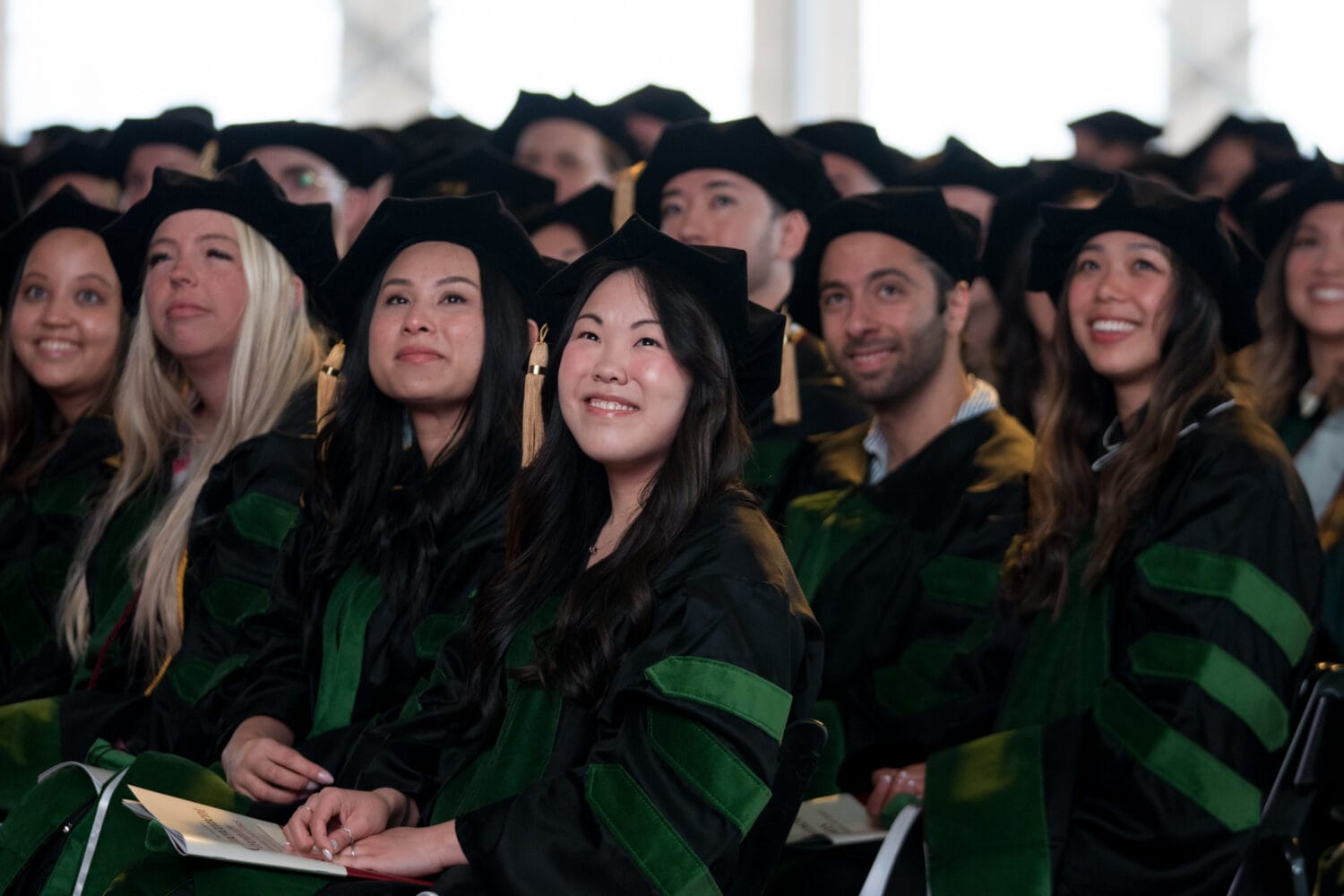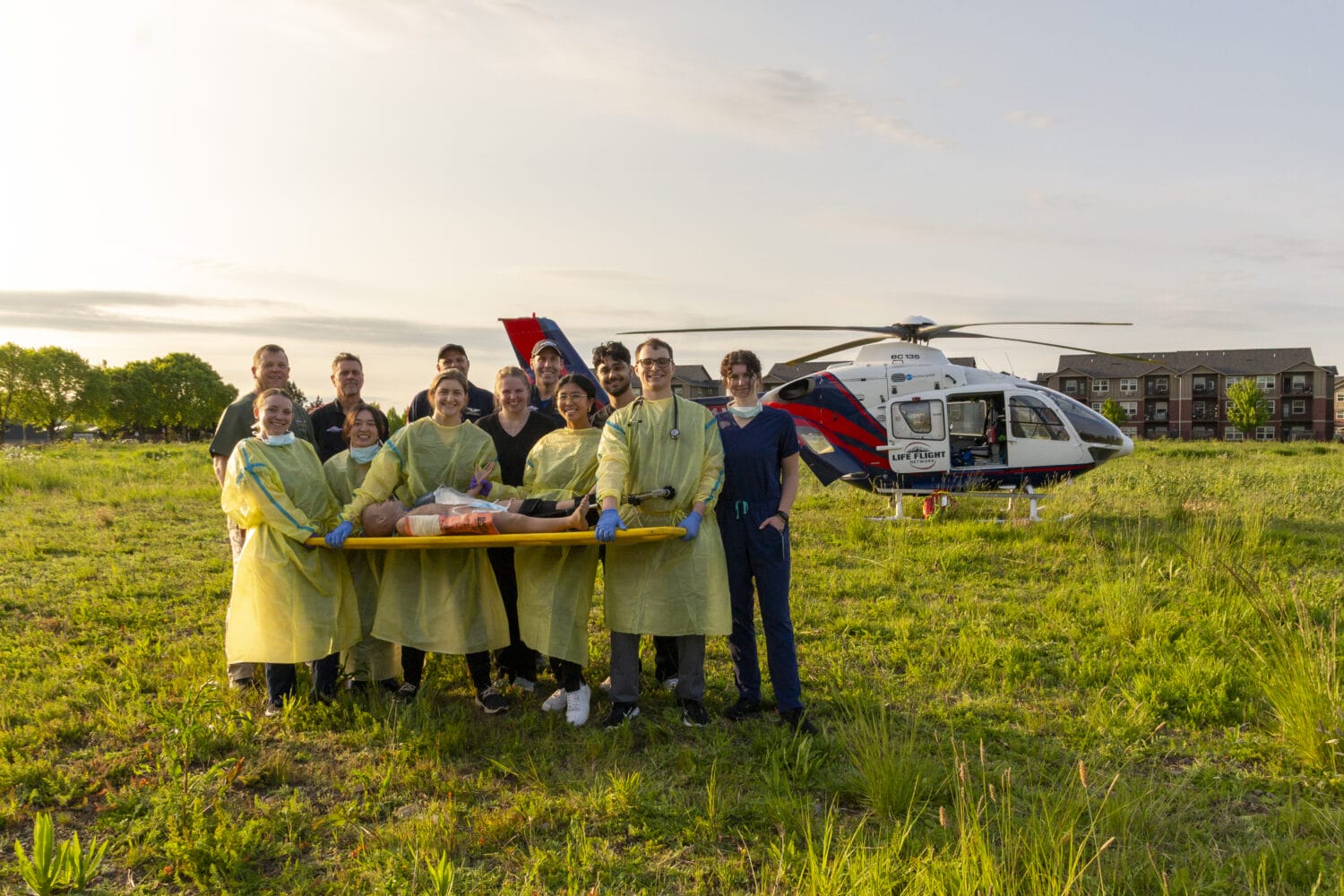COMP Students Contribute to the Rehabilitation of Kashmir After Devastating Earthquake
In October of 2005, an earthquake measuring 7.6 on the
Richter scale in
magnitude, struck Central Asia, extending into regions of Pakistan,
India, Kashmir, as well as Afghanistan. The death toll was staggering:
approximately 100,000 people were killed and more than 40
villages were completely destroyed, leaving 3.3 million people
displaced. As of today, many still remain without adequate shelter, food
and medical care, and continue to suffer from this destructive earthquake.
In an attempt to help with relief efforts, seven Western
University
medical students, traveled this summer to the epicenter of
the earthquake in Kashmir. There, they worked as part of the non-
governmental organization, Islamic Medical Association of North America,
serving two of the most devastated areas of Kashmir in the cities of
Muzaffarabad and Rawalakot. Although the acute emergency phase of the
earthquake recovery process had been over for months, the WesternU
students were still able to contribute to the reconstruction and
rehabilitation efforts that are still ongoing.
The following are personal accounts of those students:
Shaiquel Jilani
My trip to Kashmir was a beautiful experience. I enjoyed
aspects of the
culture and the people more so than my medical experience, but it is
probably the medical experience that is more important to whom ever is
reading my paragraph regarding my trip. I was very lucky to see so many
rare diseases that we only read about in books like Leshmaniasis,
Tetrology of Fallot, Measles and mumps, Hepatitis A, a few Thallasemias,
a Down’s neonate with all the common morbidities involved in one, even so
many cases of Turberculosis until I felt like I got it myself! And I
still saw much more than that. I was allowed to perform procedures like
a lumbar puncture that would take years to get that kind of chance here
in the US. That clearly shows the desperate need of help that not only
Kashmir, but all third world countries are in need of our assistance;
even first year medical students, with the limited knowledge we have, can
help a tremendous amount. The sanitary conditions were eye opening, but
then again, we all need to be reminded of how fortunate we are – whether
we drive a Mercedes or not.
Fareeha Sattar:
She lay there motionless on the bed, her body frail and weak: tired. I
thought she was asleep, and so as not to wake her, I tried to be gentle.
As I re-capped the IV catheter after administering her medication, I
found her grappling for my hand. I pulled away slightly, not
understanding her mumbled whispers. I thought she was motioning me away
for causing her pain. She gestured for me to give her my hand and cupping
it in both of hers she brought it to her lips. Only then did I
comprehend; from those very lips, crinkled with creases of weariness and
old age, escaped murmured blessings shrouding a feeble kiss. My eyes
welled with tears and my heart fell in my chest as I held my hand in
hers; humbled by her gratitude. They were simple actions- on both of our
parts, yet they filled us with overwhelming emotions of humanity. An
anonymous author once wrote, “”simple words [and actions] can reach
boundless depths in meaning when expressed with devotion and sincerity.
It is this power of amazing simplicity that is within easy reach for all
of us.”” This is the memory by which I recall my experience of the six
weeks in I spent in Kashmir; an experience that has highlighted for me
these very depths of simplicity and sincerity.
Ahmed Salem:
I still remember when the devastating earthquake struck Kashmir: I was
breaking a day long fast during the month of Ramadan, however I found
myself unable to eat. This event sent me into deep reflection and
contemplation and the conclusion of my reflection was that I had to come
to the aid of my fellow brothers and sisters. I would soon learn that I
was the one who was in need of aid. After seeing what true devastation
was and how fragile life can be I realized the arrogance of our
individualistic consumer driven society and the lack of humility present
in our lives. Standing at the base of an enormous mountain, at the origin
of the Himalayas, makes you realize your weakness as you look at a
mountain covered in landslides. Just being able to connect with the
people of Kashmir and seeing their perseverance and courage in the face
of such tragedy allows your soul to feel how long it has been neglected
by materialistic purists. Despite thousands of miles, cultural,
political, and economic barriers, being around the people of Kashmir and
connecting with my fellow human beings allowed me to reach new levels of
spirituality. I went to Pakistan to provide earthquake relief, yet I was
the one uplifted and inspired.
Matthew Ott:
It was a real privilege to have the opportunity to work along side the
doctors and nurses in Kashmir, in an effort to help out those who have
suffered from the earthquake. I was taken aback by the destruction that
the earthquake had caused. Areas of land where people once called home
were now considered uninhabitable. Yet despite the tragedy they have
gone through, and all they have lost, the people of Kashmir were
extremely friendly and were very grateful for any help we could provide
them. Their positive outlook on life, and ability to focus on what they
still had, instead of what they had lost, was a true inspiration.
Mahsa Abassi:
Stepping off the plane in Islamabad, I was filled with excitement and
anxiousness. I had no idea of what to expect or what I would see during
my month long stay in Kashmir. As we drove from the airport in Pakistan
and into Kashmir the one thing that became exceptionally apparent was
that Kashmir was one of the most people beautiful places I have ever
seen. Kashmir’s beauty didn’t just end with the landscape, for the people
where just as beautiful. The greatest impact this trip has had on me has
been the one on one interaction with the patients, doctors, nurses, and
locals. Although I was a stranger, it didn’t take long for them to open
up whether it was with a smile, a handshake, or a gesture to come and sit
with them. My initial intentions for traveling to Kashmir, after the
October 8th earthquake, was to help and give of myself in any way
possible and yet it feels as if during my stay I received more than I was
ever able to give. I left Kashmir wondering how the people in the poorest
conditions are also the ones who are able to give the most freely.



